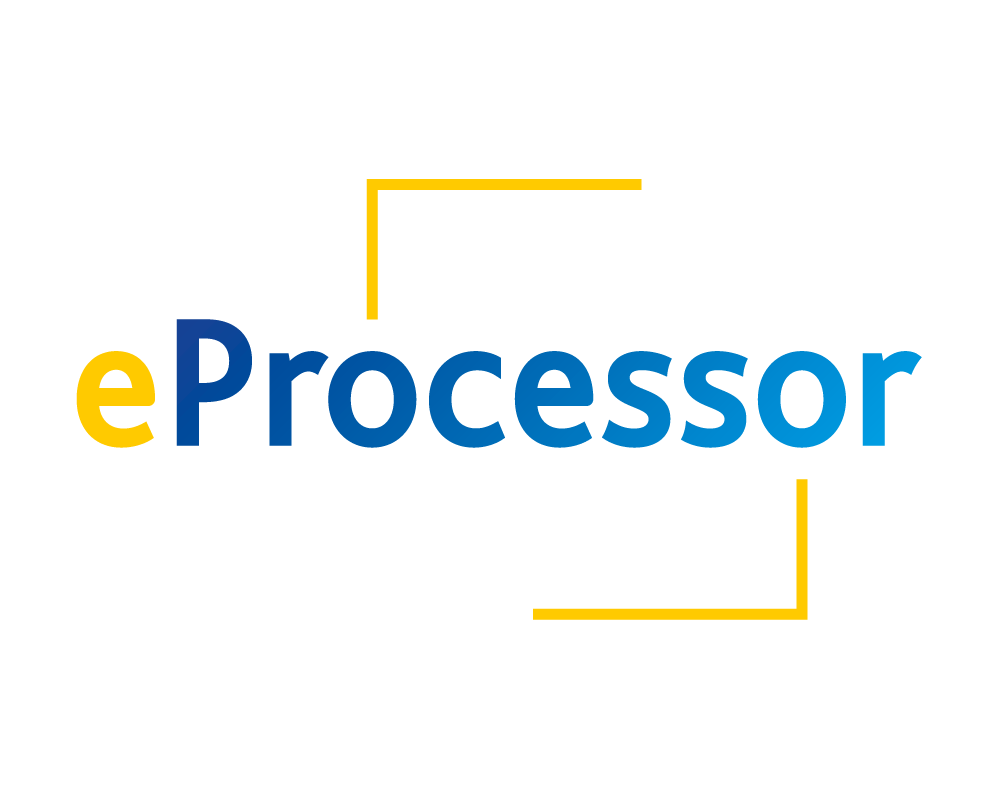

This project has received funding from the European High-Performance Computing Joint Undertaking (JU) under grant agreement No 956702. The JU receives support from the European Union’s Horizon 2020 research and innovation programme and Spain, Sweden, Greece, Italy, France, Germany.
Financed by the European Union – NextGeneration EU




